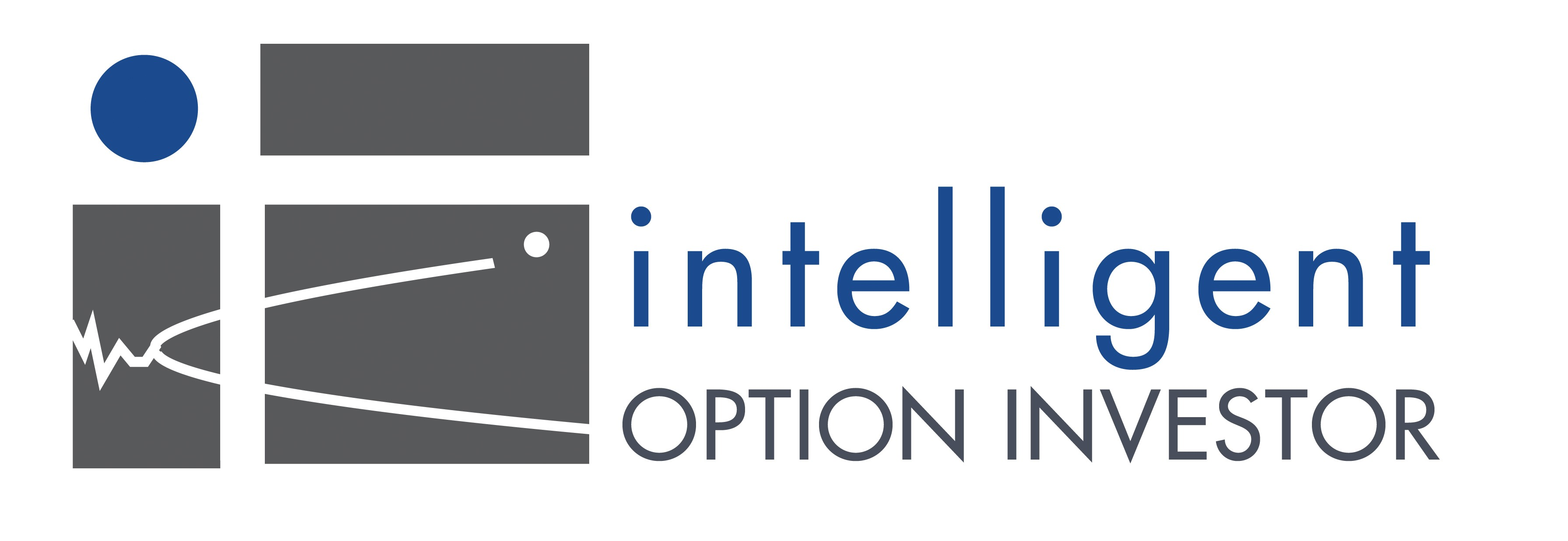From my perspective, the people who have made the greatest advances in the world of financial economics over the last 50 years or so are not even economists. No, I’m not talking about mathematician Fisher Black co-developer of the Black-Scholes option pricing model, but rather about people like Decision Sciences professor Paul Slovic and psychologists Daniel Kahneman and Amos Tversky.
These academics did not dream up rarefied theories about how people made economic choices and build models that were logically consistent with their theories*, rather, these scientists observed how people actually made decisions and pointed out that efficacious theory would explain why people were acting in the way they were.
Among other things, they showed that people in the real world…
- Perceived “risk” in a very different way than classical economists considered “rational,”
- Were at once confused by and overly enamored with complexity, and
- Used nonsensical shortcuts for solving problems even when they knew better.
In aggregate, these quirks (and others being discovered all the time) are now known under the term “behavioral finance.” Understanding the roots of behavioral biases and learning strategies to avoid them when making investment decisions form a large part of our IOI 101 – Behavioral Biases and Structural Factors in Investing course.
For years, the stranglehold that Efficient Market Hypothesis academics had on the finance world was so strong that the significant and important results of the pioneers of behavioral finance were brushed aside. Eventually, however, the evidence for these quirks in human decision-making processes was so strong that the results finally began being accepted by the wider academic and practitioner communities. The field is now well-regarded enough that Nobel prizes have been awarded for research into this area and there is an endowed chair and an institute of Behavioral Sciences and Economics at that bastion of Neoclassical thinking, the University of Chicago.
Today, I stumbled upon the Nobel prize acceptance speech by behavioral economics pioneer, Daniel Kahneman and liked it so much that I wanted to post a link to it. (A PDF of the speech will also be loaded into the Knowledge Base area of the IOI Dashboard for all our subscribers who are getting a sneak peak today!)
The speech is academic and a bit wonkish, but I do think it’s worth reading through. Here’s a quote that stood out to me related to the third bullet point above:
“[Tversky and my] first joint article examined systematic errors in the casual statistical judgments of statistically sophisticated researchers. Remarkably, the intuitive judgments of these experts did not conform to statistical principles with which they were thoroughly familiar… We were impressed by the persistence of discrepancies between statistical intuition and statistical knowledge, which we observed both in ourselves and in our colleagues.”
Plain English translation? Even intelligent, knowledgeable experts make silly, amateurish mistakes because it’s easier to react than to consider something carefully. This is a lesson to which all investors — individuals and institutional money managers — should pay careful heed.
By the way, did you know that the Nobel prize in Economics is a fake Nobel prize? Economics had always been a soft science attempting to explain why people made certain choices in given circumstances. From the late-1950s on, more and more academics from math and science backgrounds began to get involved in the mathematical modeling of human behaviors–a field that was born out of the statistical science of econometrics (a field that the great economist J.M. Keynes always regarded with supreme suspicion). The trend toward mathematical modeling became so strong and the practitioners so powerful in academic circles, that any academics interested in a non-mathematical approach had a hard time gaining ground professionally. In the 1960s, in the attempt to market this essentially soft science as a hard one, a group got together to market economics by funding a fake Nobel prize. The full title of the economics prize is “The Sveriges Riksbank Prize in Economic Sciences in Memory of Alfred Nobel” NOT “The Nobel Prize in Economics.”
Notes:
* This phrase pretty much sums up my opinions on Neoclassical Economics, Efficient Market Hypothesis, CAPM, and other bastions of modern financial theory.
Contact Us to Learn More!
